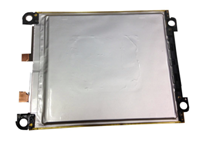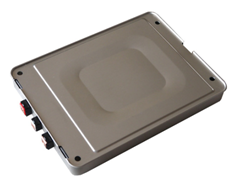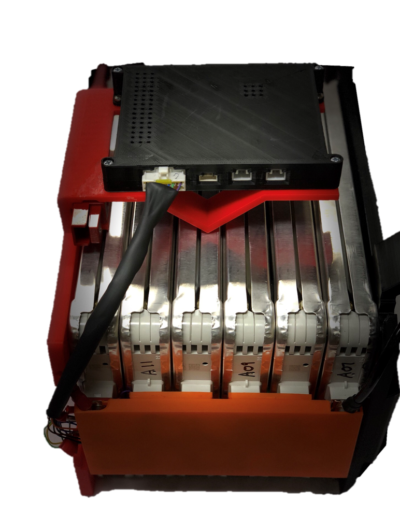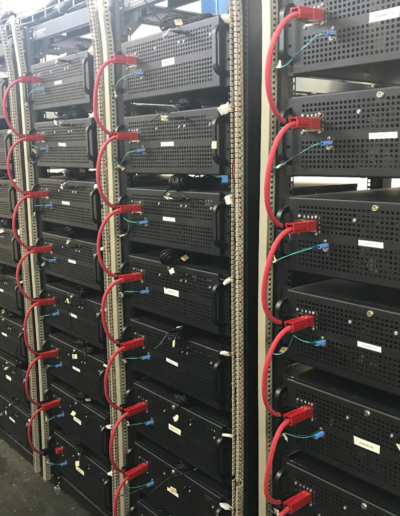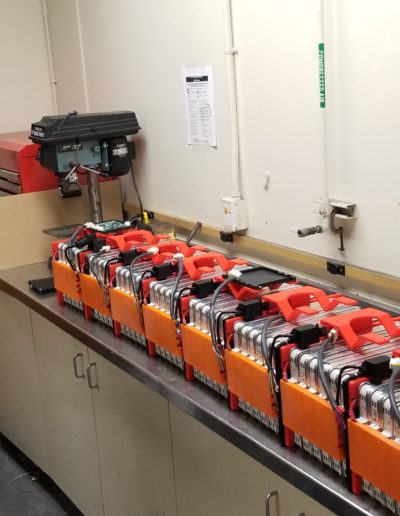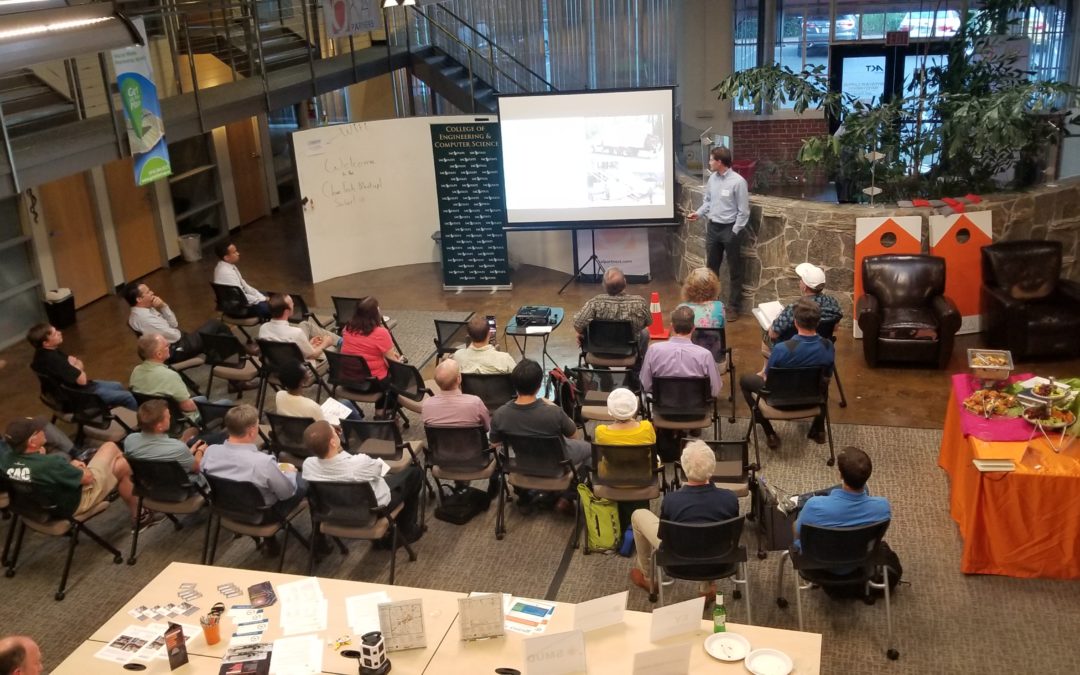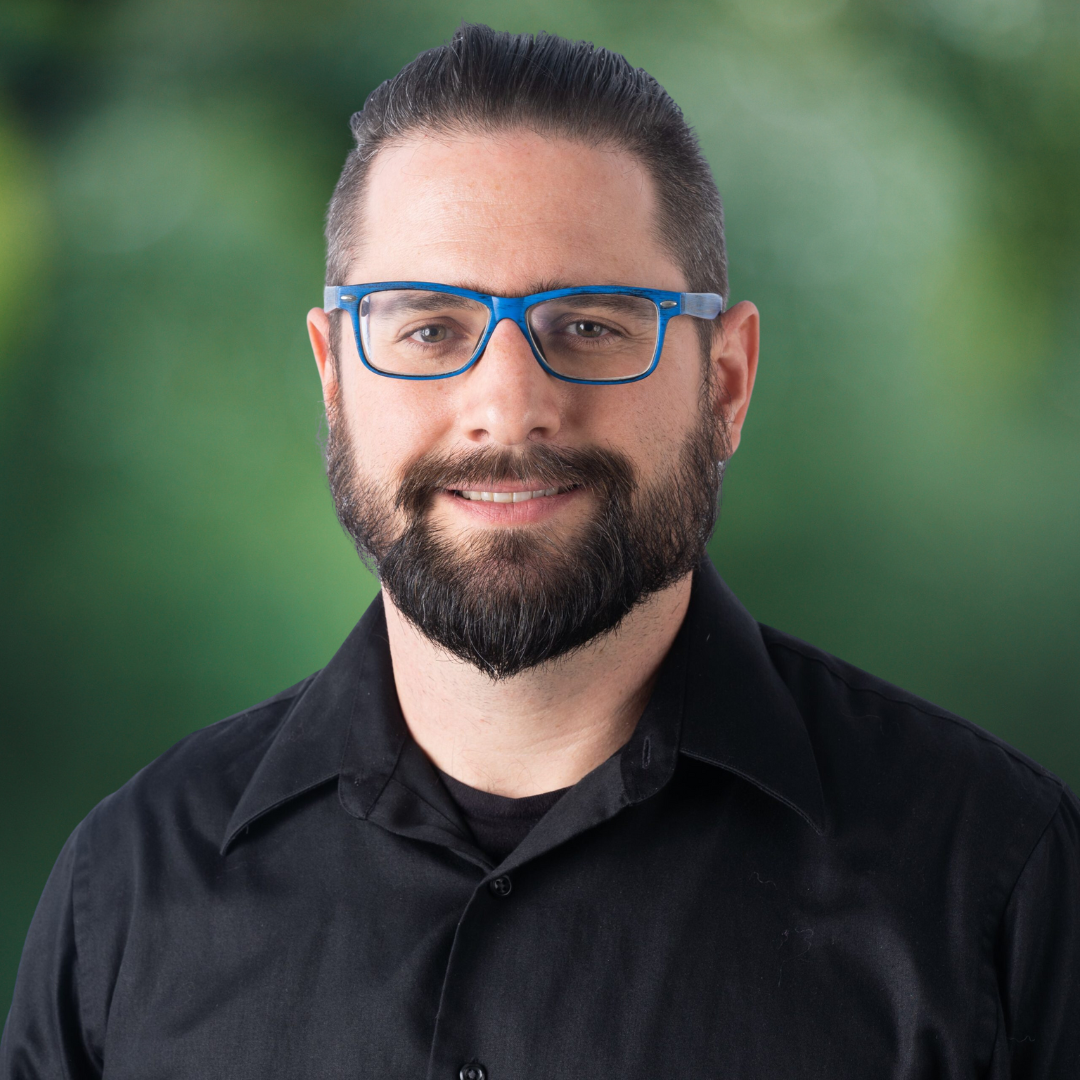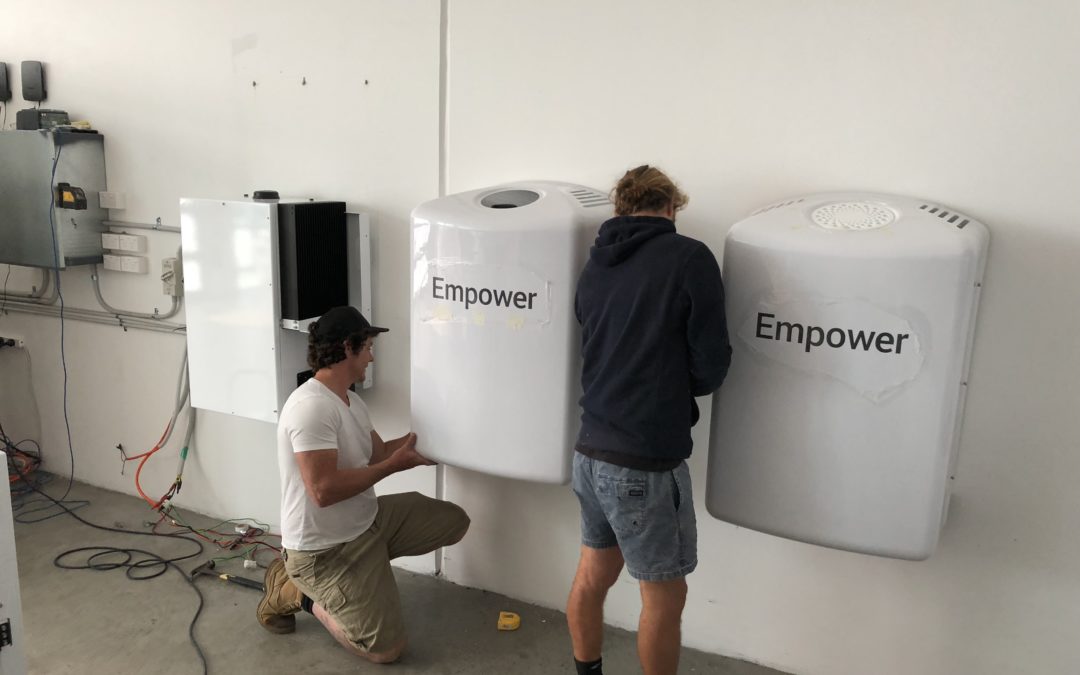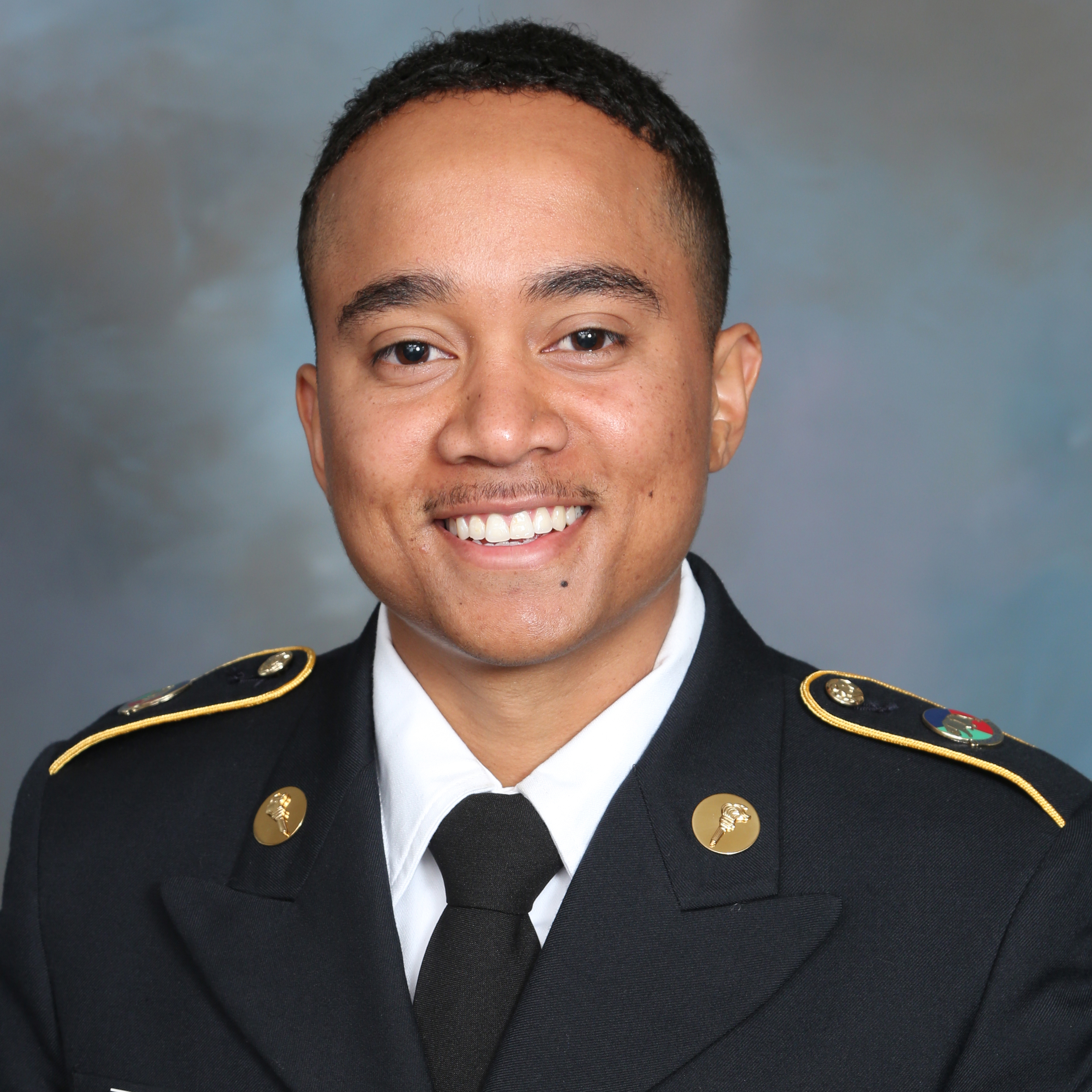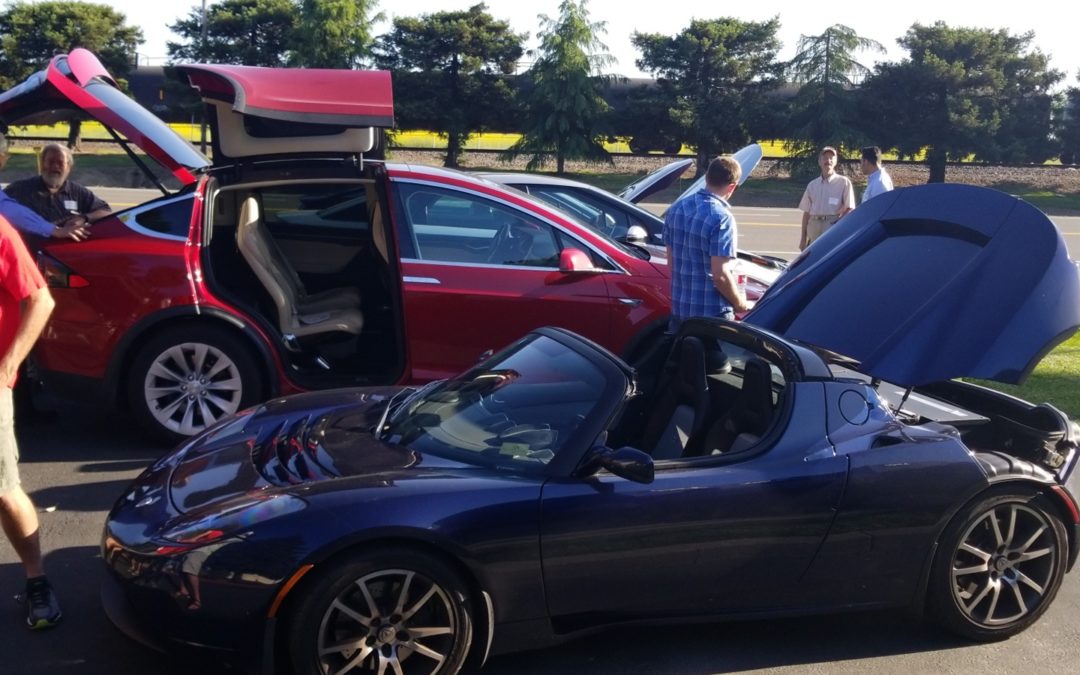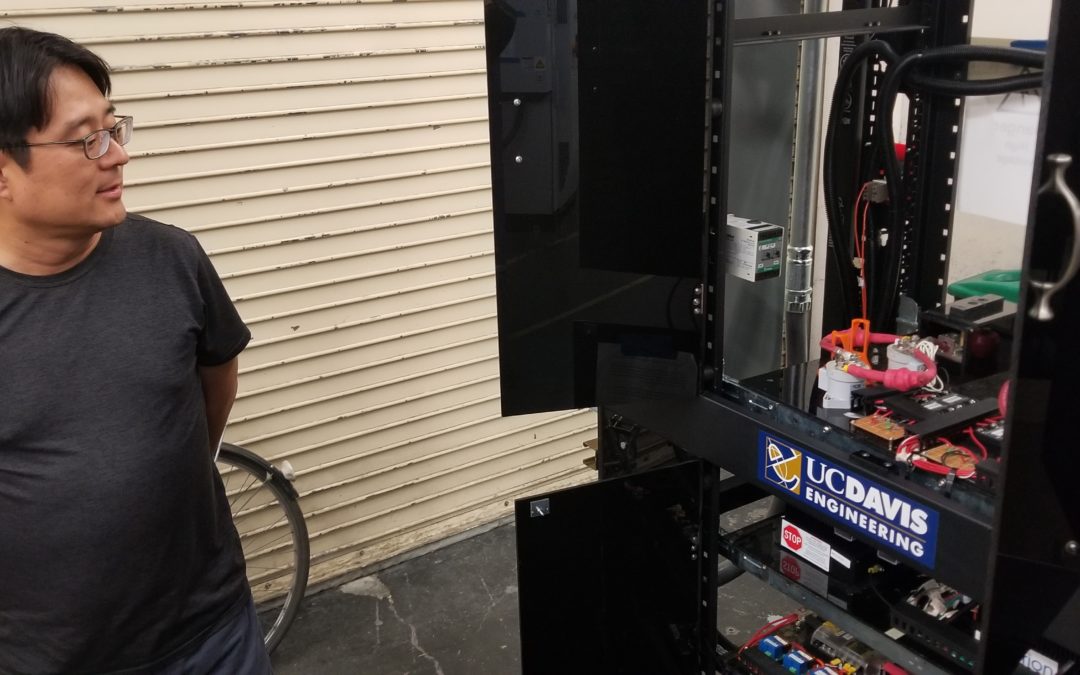
Renerage Developing Renewable Energy Storage
A brand new startup in Davis is looking to lower the costs of battery storage devices dramatically by using second-life used lithium-ion batteries from electric vehicles. The idea of giving electric car batteries a second life in stationary storage products is not new, but Renerage has new angle on it. UCD Engineering Professor Jae Wan Park and his 3-person team want to focus solely on batteries from the Nissan Leaf because of several advantages: They are passively air-cooled (most others use active liquid cooling), they use a “flat pack” battery (rather than spiral-wound ones like in the Tesla that look like oversize AA batteries) so they save space, and they can be swapped-out easily. You can see the product in a short YouTube video here.
Dr. Park has designed a module to repackage the used batteries, designed more sophisticated battery management software, and come up with strategies to extend battery life. He is targeting larger systems where there may be economies of scale, not residential systems. He is looking to have a standard 1 Megawatt-hour system in a 20-foot ISO shipping container as the lead product, providing peak shaving, peak-shifting, and load management services. They project costs one-third to one-half those of the Tesla Powerwall.
Dr. Park’s work has been supported by $8 million in research contracts so far He is looking to raise funding to formally launch Renerage soon. His next step is to install newly developed prototypes in the microgrid on campus to validate performance in a real setting.
The target price is between one-third and one-half the cost for an equivalent Tesla Powerwall system
Renerage Power Box
Seven Modules make one 55-pound home storage device with 14 kWh capacity and ability to swap out any weak boxes

ABOUT THE AUTHOR
Gary Simon is the Chair of CleanStarts Board. A seasoned energy executive and entrepreneur with 45 years of experience in business, government, and non-profits.

